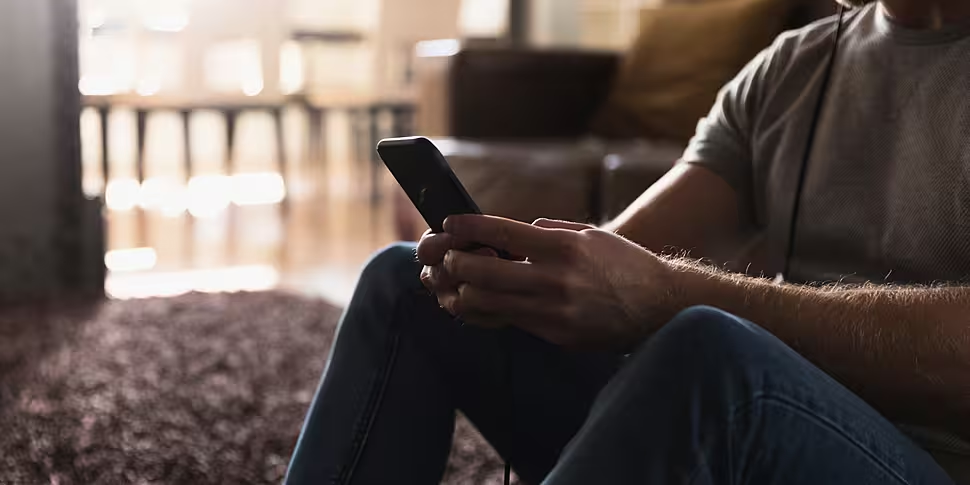There has been a 400% increase in the number of calls to a rehabilitation service that helps men who have been violent in their intimate relationships
Move Ireland - an organisation that offers rehabilitation for violent behaviours - received 2,500 calls last year.
46% of calls came from men calling the service on their own volition, while the remainder of calls came from referrals from probation services, TUSLA and other services.
On Newstalk Breakfast, Move Ireland's CEO Dr Michelle Walsh said global research shows rehabilitation for violent behaviour is effective.
"The international stats will tell you physical violence is generally at about 60% incident rate pre-programme and that reduces to 3% post-programme," she said.
MOVE Ireland are delighted to announce that our Annual Report 2023 and Strategic Plan 2025-2029 are finalised, printed and ready to be shared very soon. This launch affords us the opportunity to not only reflect on the last year, but also look towards the future of MOVE. pic.twitter.com/Km4uc7qov5
— MOVE Ireland (@MOVEIreland) December 5, 2024
Dr Walsh said success depends on a service-user's willingness to engage with the programme.
"We have very stringent criteria around who we will accept and how you get on to the programme," she said.
"If someone isn’t engaging with the programme, they’re not going to get past assessment or they’re not going to be allowed to continue."
Move Ireland provides one-to-one interviews and assessments for those seeking rehabilitation, and it also offers victims of abuse the opportunity to link in with domestic violence support services.
Rehabilitation
While rehabilitation for perpetrators of violence is a "complex issue", Dr Walsh says the key message of Move Ireland is rehabilitation is possible.
"If we don’t address the root cause of the violence, the perpetrator is just going to re-offend even if the relationship breaks down," she said.
"It really is so important to try and offer support to men who are exhibiting this type of behaviour so they have some opportunity to change.
"For every survivor out there, there’s a perpetrator and no one has ever changed by being shamed or guilted."
Dr Walsh said there is always "hope for change" for people looking for support with violent behaviour.
Featured images shows a man sitting on the floor holding a phone, Alamy.









